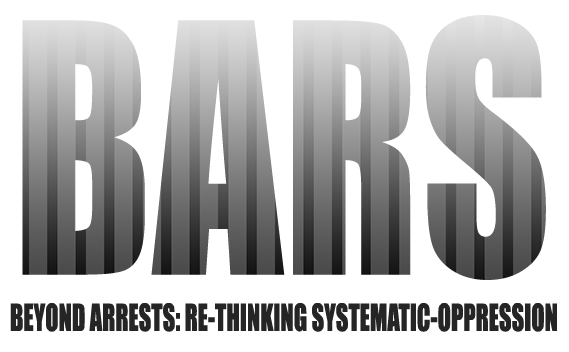
by Simrat Kohli
When Drew Whitley was convicted and sentenced to life in prison, he was entirely innocent. A Pennsylvanian resident, Whitley served 18 years for charges of murder before being exonerated due to DNA evidence. Due to official misconduct and faulty evidence, Whitley lost years of his life. While he’s technically free now, Whitley remains chained with chronic anxiety, insomnia, and a loss of trust in the justice system.
It’s difficult to think of something more traumatic than spending life in prison for a crime that you never committed. And yet, this horrible situation has been the unfortunate reality for many different Pennsylvanians, including some still locked-up. In 2019 alone, 14 people were finally released from prison in Pennsylvania after spending time behind bars while being entirely innocent. Due to factors such as improper trials, false accusations, and an overall failure of the justice system, people have lost their freedom. Yet, Pennsylvania does not have any system set in place to compensate those who have been wrongfully convicted.
When people finally are released, life doesn’t necessarily get significantly easier. The reality is that exonerees of wrongful convictions have a difficult life set up for them. There’s almost nothing worse than a massive gap on a resume due to being in prison and having a criminal record when applying for jobs as criminal records are not automatically expunged when someone is exonerated. This alone makes it extremely difficult to become financially stable after being exonerated.
Since Pennsylvania does not guarantee a minimum compensation, after losing years and years of life behind bars, an exoneree is left with nothing in terms of financial support unless they’re willing to fight for some compensation through even more costly and lengthy legal battles and lawsuits. And even then, there’s no guarantee that they will receive anything after.
With people currently fighting for compensation, it’s extremely pressing that change happens soon. Take Donald Outlaw, for example, a Philadelphia resident who spent 15 years in prison for a first-degree murder charge for a crime he did not commit and was just released in 2020. Due to official misconduct during his case with detectives withholding evidence and incentivizing witnesses to offer false statements, Outlaw lost 15 years of his life.
Now, after being exonerated in 2020, Outlaw has found himself back in the courtroom, currently suing the city of Philadelphia to receive some sort of compensation for everything he lost while in prison- time with family and friends, opportunities for education, life experiences, basic freedom.
Outlaw brings up extremely valid points in his lawsuit. Apart from the financial battles that come with being exonerated, the emotional toll and psychological consequences of being incarcerated while being innocent are beyond traumatic. These consequences can have boundless negative effects on a person’s life. After being incarcerated while innocent, a person’s life changes forever.
Without a minimum compensation guaranteed, people can be left waiting for an indefinite amount of time to even hear if any justice will be served for them. 10 years ago, Britney Mills was falsely convicted for drug-related arrests, despite the fact she was a law-abiding citizen. After spending time in jail and then probation, she lost her job. Later, when her father trusted her conviction and evicted her for being a drug-dealer, she ultimately became homeless. Following this, she lost custody of her daughter. The emotional consequences of this are indescribable; her life ruined for something she did not do.
Wanting to take control of her life back, Mills sued in 2014. However, her case remains pending on indefinite hold with no sign of progression in sight. It’s unknown if and when her case will ever be settled. Until then, Mills is left with nothing.
There needs to be a minimum compensation to ensure that at the very least exonerees are able to walk away with something. Last February, Governor Tom Wolf proposed establishing this in Pennsylvania. Specifically, in his budget for the 2021-2022 fiscal year, he allocated funds for exonerees to receive a minimum of $50,000 per year they were in prison. However,to this day, no changes have been made. The state of Pennsylvania needs to promise something to those who have experienced a failure of justice in the form of financial compensation. It is absolutely critical that this budget is approved, and so as citizens of Pennsylvania, we must call upon our legislators to approve this.
Why should a person who was treated so awfully by the criminal justice system have to fight for justice? If prosecutors and police detectives make a mistake – a mistake that causes an innocent person to be convicted – there should be a standard, and that standard must include a minimum compensation.
Want to write for BARS as a guest columnist? Fill out this form!
